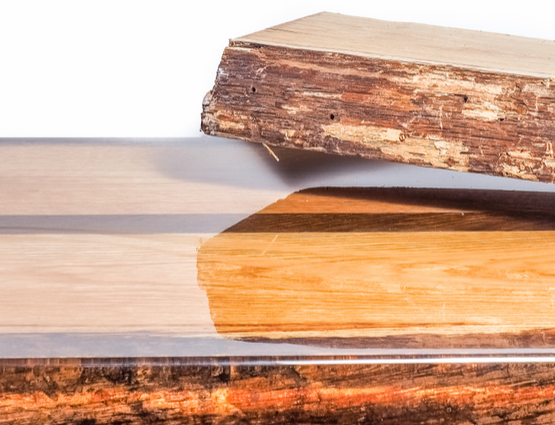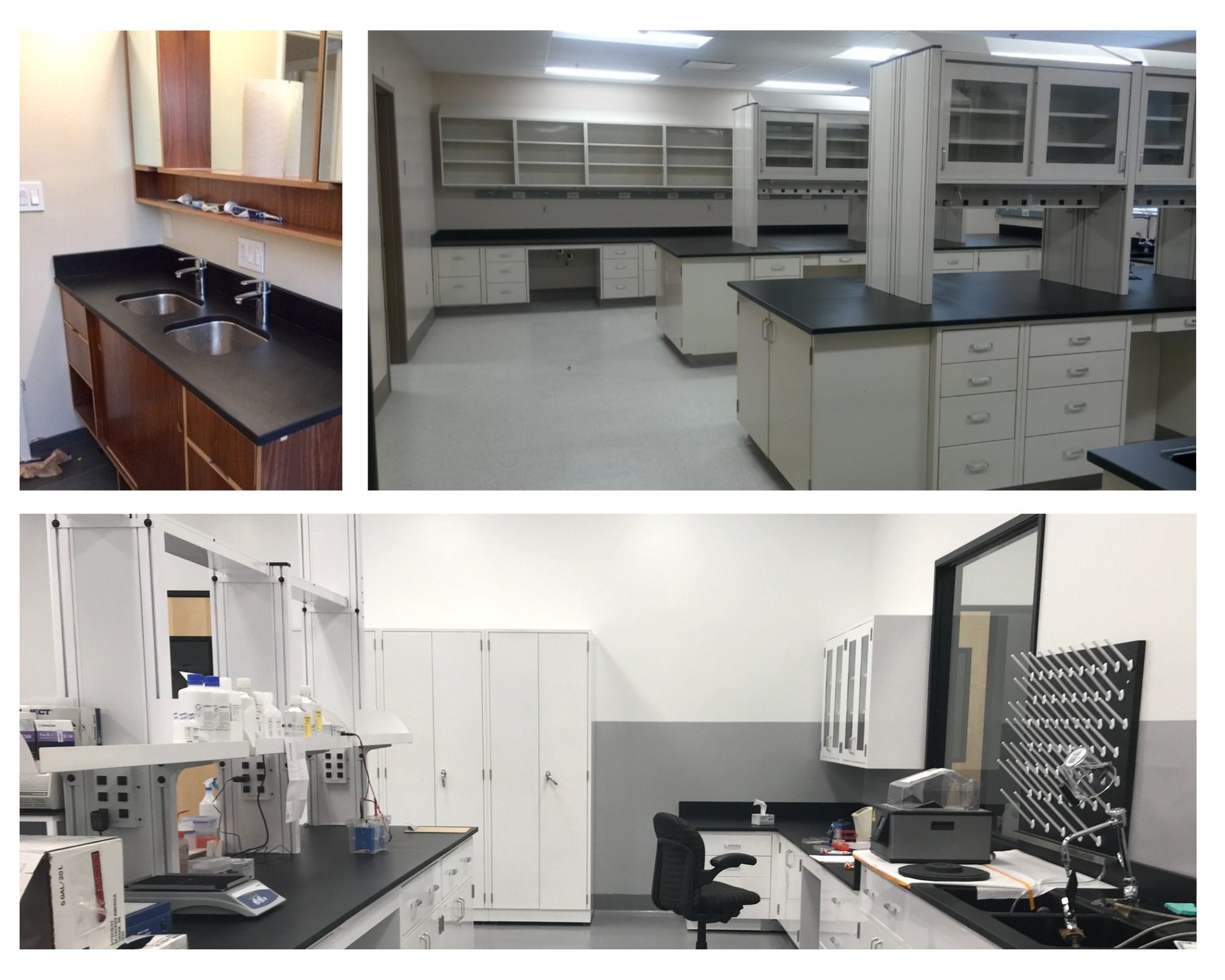Epoxy resins are highly resistant in general, which is why they have many practical applications:
- Paints and many coatings
- Electrical Systems and many electronics
- Industrial tooling applications
- Adhesives
- Numerous consumer applications
- Laboratory equipment
The list can go on and on. However, we are here to talk about the many substances epoxy resin can resist. The list would also be very long, so this one will contain the essential kinds of substances to which epoxy resin is resistant.
Curing Epoxy Resin
Before we go on, it’s worth mentioning that uncured epoxy resins have feeble resistance. You can easily obtain the resistance epoxy resin is famous for by curing it. Linear epoxy resin needs to react with suitable curative to form a three-dimensional thermoset structure. This curing process is also known as the gelation process.
The curing process can help epoxy resins achieve different types of resistance, depending on the process itself. That’s also why epoxy resin is often used for a wide variety of purposes.
1. Heat and Fire
Epoxy resin is very resistant to heat, which is one of the main reasons why it has is widely used in several industries, as well as in laboratories. It can sustain a considerable amount of heat. When it comes to fire, it’s phenolic resin has an excellent fire rating.
However, epoxy can still resist heat, much more than many other substances. The cycloaliphatic epoxy resin is the version of epoxy resin that offers a much higher temperature resistance.
2. Chemicals
The epoxy resin can achieve excellent chemical resistance, depending on how adequately cured it previously was. It is exceptionally resistant to alkaline environments.
For these reasons, the epoxy resin has become widely used for laboratory equipment. Even the tables and other pieces of equipment are coated with epoxy resin to achieve this high resistance.
3. Physical Abuse Resistance
Due to a very high strength, epoxy resin is highly resistant to physical abuse. Many materials or pressure won’t easily be able to pierce or break equipment coated with epoxy resin. It makes it perfect for a wide range of materials, including laboratory equipment.
4. Water and Other Liquids
Another beneficial trait of epoxy resin is that it is not porous, which means that it is well suited to be a coating material for tables and many other surfaces where liquids are easily spilled. Water and many other fluids, including many acids, do not hurt epoxy resin, which is why it’s often used in laboratories. Those surfaces, on the other hand, should not be used for cutting as epoxy resin cannot resist scratches and knife marks.
Furthermore, it should also only be used indoors, as it reacts poorly over time to UV rays.
If you want to know a detailed list of substances epoxy resin can resist, contact Resin Tops, and you can get a datasheet with comprehensive explanations of all of epoxy resin properties and the elements it can withstand.


